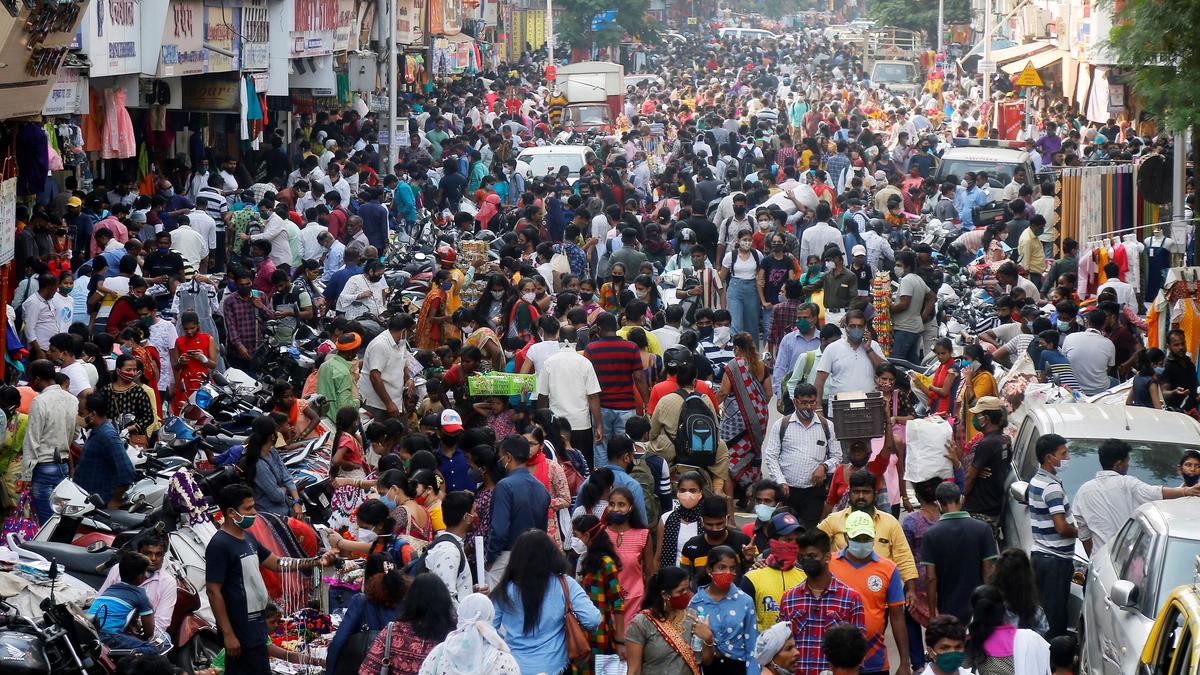By Aneesh Phadnis
Copyright thehindubusinessline

In a business friendly move, the Maharashtra government will permit shops and restaurants to function 24 hours.
The State government has said that restrictions on timings under the Maharashtra Shops and Establishments (Regulation of Employment and Conditions of Service) Act 2017 will apply to only those outlets selling or serving liquor.
The 2017 regulations lay down conditions with regard to registration of establishments, duty hours, provision of weekly off for employees, wages, etc. Pursuant to this regulation, the State fixed timings for wine shops, bars, theatres and cinema halls. A relaxation was made in 2020 to let theatres and cinema halls function for 24 hours.
The 2017 regulations do not restrict 24/7 functioning by shops and restaurants, but in reality round the clock operations are curbed by civic and police administration across the State.
In an October 1 circular, the State labour department said it received complaints about municipal bodies and police restricting 24/7 operations of shops and restaurants. The department said circular was issued to bring the provisions to their notice.
Industry welcomes move, flags challenges
Retail associations and restaurant bodies welcomed the labour department circular.
“We have been advocating for this since a long time and we appreciate the government’s move to help consumers buy when they want and allow retailers to serve at all times,” said Kumar Rajagopalan, CEO of Retailers Association of India.
“This move will create enormous opportunities in employment for the local communities and tremendously help the state to augment its tourism offerings,” said Pradeep Shetty, president of Federation of Hotel and Restaurant Associations of India.
This move brings Mumbai at par with global cities known for their night economy and gives businesses the flexibility to function 24/7 based on demand, said Viren Shah, president, Federation of Retail Traders Welfare Association.
Shah however flagged some of the practical challenges. “Local police may still insist on early closure citing safety concerns. Often, there is a gap between the circular and on-ground enforcement. Ensuring late-night staff availability and safe commute, especially for women employees, remains a key issue. Garbage collection, fire safety, licensing, and other compliances need adjustments for late-night operations,” he added.
Published on October 2, 2025



